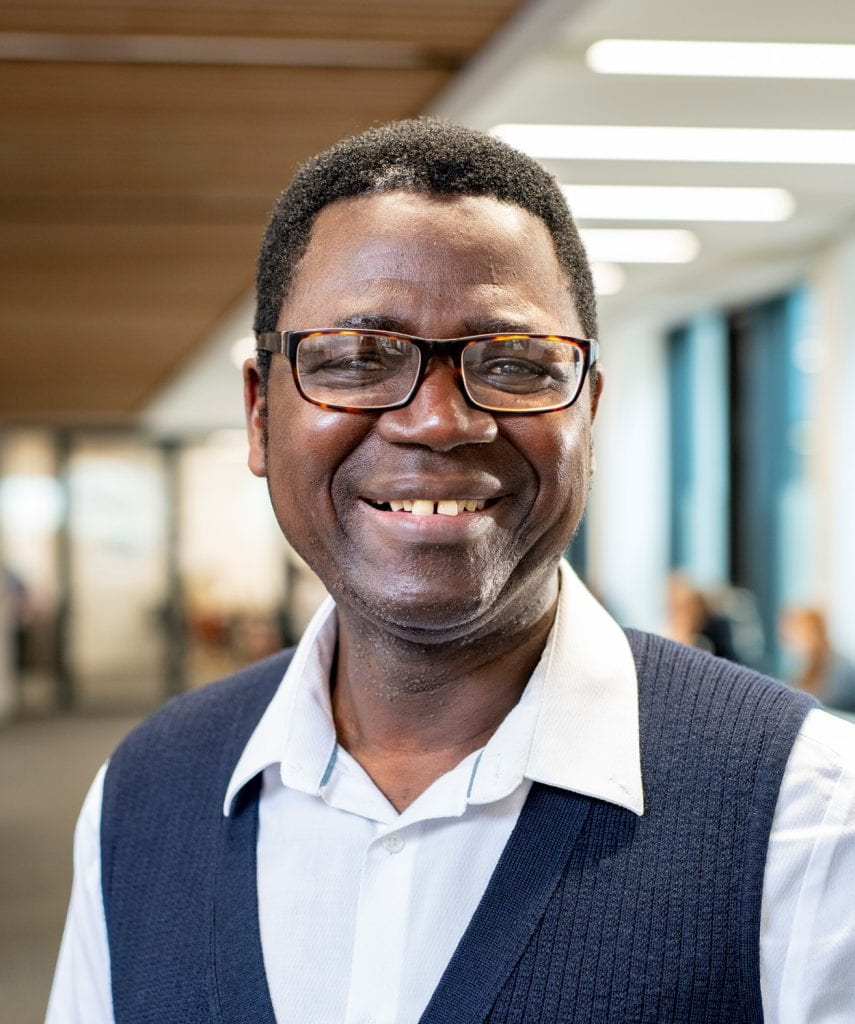
Senior Lecturer in Portuguese and Lusophone Studies
José’s research explores past and present migration, including forced migration from Africa to the Atlantic world and voluntary contemporary migration from Africa to Europe. José’s second monograph, Lourenço da Silva Mendonça, and the Black Atlantic Abolitionist Movement in the 17th Century (published by CUP in August 2022) provides substantial new evidence of the transnational and highly organised African abolitionist movement (including oppressed peoples of the Atlantic world such as New Christians and Native Americans) in a crucial period in global history.
As Co-Investigator for an ERC-funded project with Prof. Julia O’Connell Davidson on ‘Modern Marronage? The Pursuit and Practice of Freedom in the Contemporary World’. We have been carrying out research in 5 countries: the UK, Spain, Brazil, France, and Italy. José leads the project’s Brazil strand, conducting archival research on Quilombo dos Palmares (Alagoas), one of the earliest, largest, and most successful maroon communities in the seventeenth century, and on migrants’ settlement in the city of São Paulo, Brazil.
José is currently writing his third monograph on: Beyond Wilberforce’s Experiment in Abolitionism: Yellow Fever Epidemic, Unfree Labour and the Market, 1792-1870. This monograph examines the dispute over the implantation of the new model of colonisation of the West African Coast proposed by the British abolitionists in 1791 and the formidable counter argument put forward for the retention of the Caribbean sugar plantations [St George’s, Grenada] by the anti-abolitionists (the enslavers’ plantation masters) in the Atlantic around the end of the eighteenth and the beginning of the nineteenth centuries.
José has also been researching African migration between Northern and Southern Europe, with the aim of developing a better understanding of these migrants’ relations with the host work environment. The target subject groups are migrants from Angola, Cape Verde, and Guinea-Bissau, as well as from cities such as Lisbon, Birmingham, and Madrid. I argue that a better understanding of how migrants attempt to use varying kinds of social capital would help states design policies to aid integration.
Recent publications:
- Fisk. B.R and Nafafé, J.L, 2023 ‘Coercion and Enslavement in Motion‘ Slavery and Abolition
- Overhoff, C,F and Nafafé, J.L, 2022 ‘The Grammar of Violence of Subalternized Women: Three Examples of Contemporary African Films‘ The Journal of African Cinemas
- Nafafé, J.L, 2022 ‘Lourenço da Silva Mendonça and the Black Atlantic Abolitionist Movement in the Seventeenth Century‘ Lourenço da Silva Mendonça and the Black Atlantic Abolitionist Movement in the Seventeenth Century

